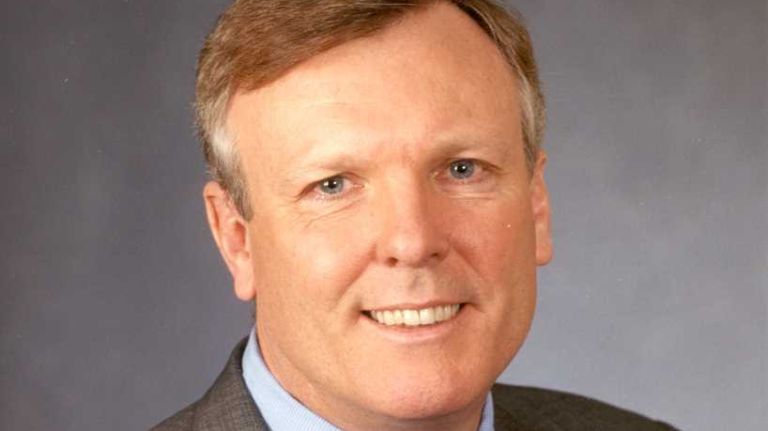Rutledge: ‘Worst of Time Warner Cable Churn is Behind Us’

The smarter way to stay on top of broadcasting and cable industry. Sign up below
You are now subscribed
Your newsletter sign-up was successful
Charter Communications bucked the trend of video customers declines in the fourth quarter largely due to improvements at its two most recently acquired units – Time Warner Cable and Bright House Networks – and chairman and CEO Tom Rutledge told analysts Friday he thinks continued growth is still possible.
Charter added 2,000 residential video subscribers in Q4 –15,000 when business customers are included – a turnaround from the 51,000 it lost in the prior year. Driving that gain was a significant improvement in video losses at its Time Warner Cable legacy systems. TWC lost 1,000 video customers in the period, compared to a loss of 105,000 video subscribers in the prior year. Coupled with a gain of 13,000 video customers at Bright House (less than half the 34,000 additions it had in the previous year) and a loss of 10,000 legacy Charter video customers and the company moved into the black for the full period.
“The worst of Time Warner Cable churn is behind us,” Rutledge said on a conference call with analysts to discuss results. Charter, which closed its purchase of TWC and Bright House in 2016, has been challenged as Time Warner Cable customers rolled off heavy promotional discounts in the later months after the deal.
“We believe this shows that the expected turn in the acquired TWC systems has begun, and gives us increased confidence in the company’s ability to repeat the Charter transformation in the TWC systems,” Evercore ISI media analyst Vijay Jayant wrote in a research note. Charter’s video additions beat his estimate of a loss of 90,000 video customers.
Charter’s gain is in contrast to a loss of 33,00 video customers at Comcast in Q4.
On the call, Rutledge said that he still believes that positive video growth is possible, although chief financial officer Christopher Winfrey added it will likely be choppy.
“Progress will not be linear,” Winfrey said on the call.
Rutledge outlined a litany of projects the cable operator has planned for 2018, including making 1-Gigabit per second high-speed data service available across the footprint by the end of the year, and taking advantage of earlier original content agreements the company made last year with AMC Networks and Viacom.
Earlier this month Charter hired television veteran Katherine Pope to head up its content business.
Rutledge said the AMC and Viacom deals will create properties that form a “brand halo” around Charter products.
“It creates a window of opportunity for us,” Rutledge said. “An opportunity for us to be associated with original content.”
Rutledge had little new to say about M&A opportunities, only that if Charter sees compelling properties at a reasonable price, they will pursue them. But he added that despite sentiment that the government’s attitude has softened around regulations and taxes, little much has changed,.
“I don’t know how tax reform changes the environment,” Rutledge said. “[The industry] still has all the issues it always had.”
The smarter way to stay on top of broadcasting and cable industry. Sign up below
